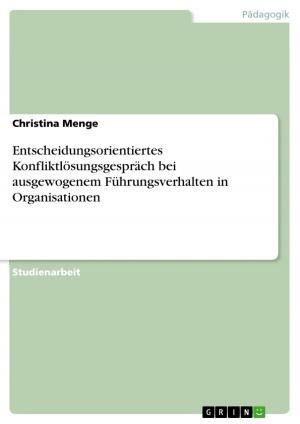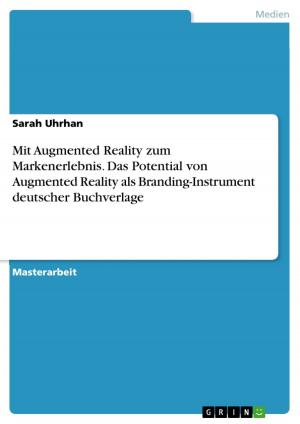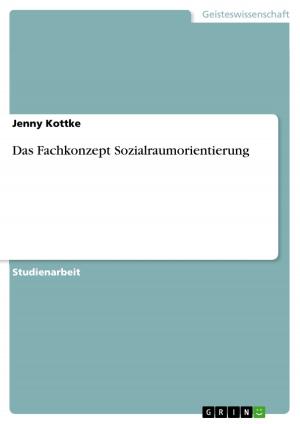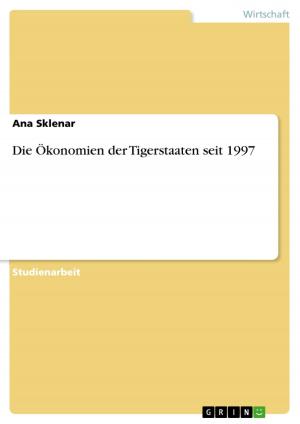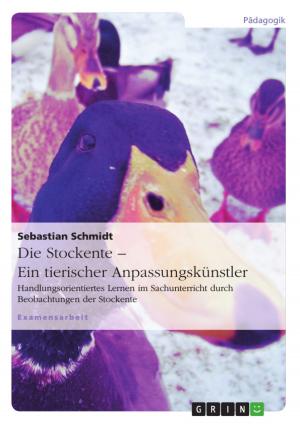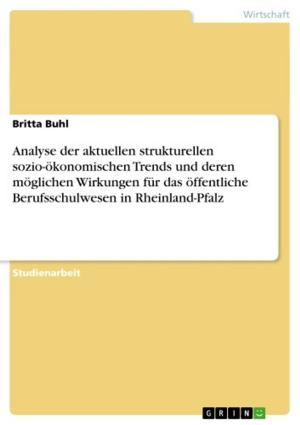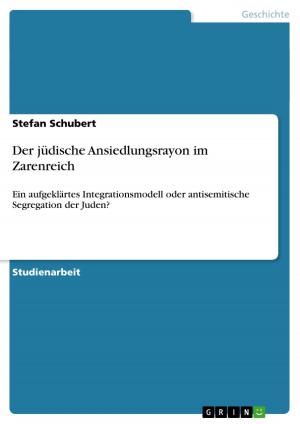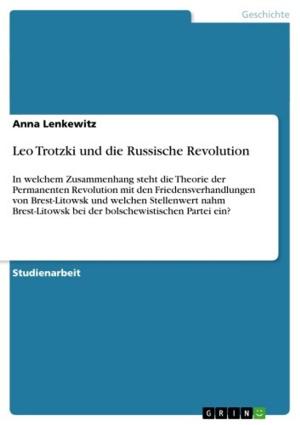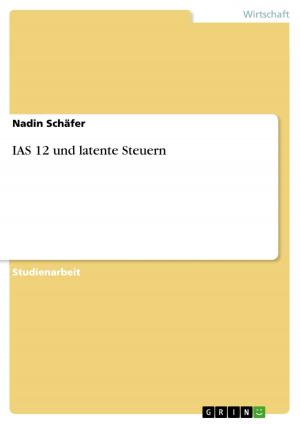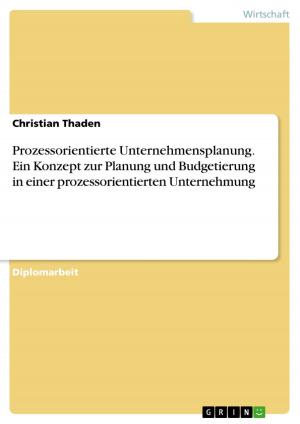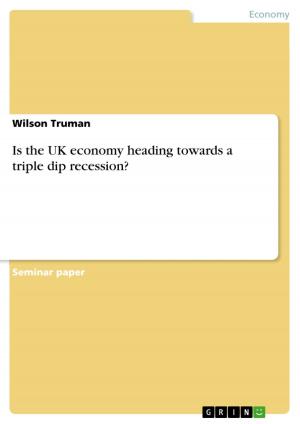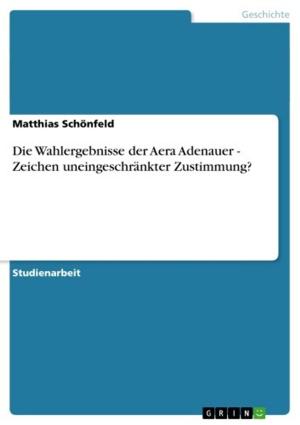| Author: | Stanko Radmilovic | ISBN: | 9783656592396 |
| Publisher: | GRIN Verlag | Publication: | February 11, 2014 |
| Imprint: | GRIN Verlag | Language: | English |
| Author: | Stanko Radmilovic |
| ISBN: | 9783656592396 |
| Publisher: | GRIN Verlag |
| Publication: | February 11, 2014 |
| Imprint: | GRIN Verlag |
| Language: | English |
Scientific Study from the year 2012 in the subject Economics - Macro-economics, general, University of Novi Sad, course: Economics, language: English, abstract: Back in the eighties, some of the most prominent Yugoslavian economists confided/complained to me that as 'non-monetarians' they can hardly understand and follow discussions and articles regarding monetary and financial topics: that field, as they said, was somehow abstract, imaginary... I assume that for them, as well as for many economists from younger generations, not to mention non-economists, businessmen/'practical businessmen', politicians, etc, the World of money and finance is not less abstract and totally transparent even today, after the 'financial revolution' 'happened' during the previous three-four decades and after the current global economic crisis, if not primarily generated, at least emerged from this field. Indeed, the contemporary World of finance can hardly be essentially explained and understood if it is observed as an enormous amount of monetary and financial activities which we meet or hear about at every corner: about issuing of money, restrictive or expansive monetary policy, loans and interests, credit cards, cheques, imballances, etc; about numerous accounts at various financial institutional entities, local and foreign currency balances; about audits and supervision; about shares, majority and minority shareholders; about foreign direct investments... portfolio and greenfield investments; about electronic money and electronic payments; about stock exchange and OTC operations, including the electronic forms of trading in securities; about the international financial integration and globalization; and especially about terminology which is still not very much present in our everyday lives, such as the 'industry' of pension insurance and some other forms of 'industrialization' savings, financial products...; then various kinds of risk management, financial hedging, financial derivates...; and to complete the illustrative numeration with what is perhaps the least understood and it is that, in spite of numerous measures and instruments for hedging, i.e. distribution of risk, it cannot be denied that there is a financial imbalance, financial instability and financial crises, such as - let us mention only a few - the Mexican ('Tequila') financial crisis, East-Asian financial crisis, Russian currency crisis, Argentinean crisis, and also some financial scandals in large world corporations (microeconomic instabilities, crises and collapses), such as Enron, etc.
Curriculum Vitae - kratka biografija Prof. dr Stanka Radmilovi?a, ex-premiera Srbije PERSONALNI PODACI: Ime i prezime: Stanko (Milana) Radmilovi? Adresa: Novi Sad - 21108 Sremska Kamenica, Slobodana Baji?a 49 E-mail: stan.radmil.@gmail.com Datum ro?enja: 21. jul 1936. OBRAZOVANJE: Ekonomski fakultet: u Osijeku - industrijski smer Postiploski studije: Ekonomski fakultet u Beogradu, monetarna ekonomija Doktorat: na ekonomskom fakultetu u Beogradu, iz oblasti finansiranja investicija PROFESIONALNA/RADNA AKTIVNOST 1960 - 1963 u LJevaonici ?eljeza, Slav Po?ega, na poslovima planiranja, 1963 - 1967 u DIP 'Lipa', Slav. Po?ega, finansijski direktor i pomo?nik generalnog direktora, 1967 - 1971 u Beo?inu, finansijski direktor BFC, 1971 - 1973 u Vojvo?anskoj banci, ?ef kraktoro?nog kreditaranja, 1973 - 1976 u Beo?inskoj fabrici, direktor Fabrike cementa u izgradnji i istovremeno zamenik generalnog direktora BFC, 1976 - 1986 u Vojvo?anskoj banci - Udru?enoj banci, pomo?nik generalnog direktora, ?lan poslovodnog odbora i i direktor Ekonomskog centra za planiranje, razvoj i nau?no-istra?iva?ki rad, 1986 - 1988 delegat u Skup?tini SFR, ?lan delegacije APU u ve?u republika i pokrajina, Od februara do decembra 1988, ?lan predsedni?tva SKJ, Decembar 1989 - januar 1991 predsednik Izvr?nog ve?a Februar - juli 1991. samostalni nau?ni savetnik u Vojvo?anskoj banci - udru?enoj banci Juli 1991 - decembar 1991 v.d. generalnog direktora Naftne industrije Srbije 1992 - 1994 samostalni nau?ni savetnik u Vojvo?anskoj banci - udru?enoj banci 1994 - 2001 inicijator osnivanja, najve?i akcionar i generalni direktor Financing Centra a.d. u Novom sadu 2001 - u penziji. UNIVERZITETSKA AKTIVNOST 1980. godine biran u zvanje docenta za predmet Ekonomska politika Jugoslavije na Pravnom fakultetu u Novom Sadu 1992. godine biran u zvanje vanrednog profesora ekonomije na Tehni?kom fakultetu "Mihajlo Pupin" u Zrenjanin, Univerziteta u Novom Sadu 1994. godine izabran u zvanje redovnog profesiora za predmet Ekonomija na Univeritetu u Novom Sadu Predavao na redovnim i postiplomskim studijama na Pravnom fakultetu u Novom Sadu, Ekonomskom fakultetu u Subotici, Tehni?kom fakultetu u Zrenjaninu, Ekonomskom fakultetu u Zagrebu, Rijeci, Titogradu VOLONTERSKA JANA AKTIVNOST U?estvovao u izradi Dugoro?nog programa ekonomske stabilizacije 1982. godine, prvenstveno Antinflacionog programa, Bio ?lan Komisije Saveznog izvr?nog ve?a za reformu privrednog sistema, 1988. godine, Bio ?lan Komisije za izradu ...
Scientific Study from the year 2012 in the subject Economics - Macro-economics, general, University of Novi Sad, course: Economics, language: English, abstract: Back in the eighties, some of the most prominent Yugoslavian economists confided/complained to me that as 'non-monetarians' they can hardly understand and follow discussions and articles regarding monetary and financial topics: that field, as they said, was somehow abstract, imaginary... I assume that for them, as well as for many economists from younger generations, not to mention non-economists, businessmen/'practical businessmen', politicians, etc, the World of money and finance is not less abstract and totally transparent even today, after the 'financial revolution' 'happened' during the previous three-four decades and after the current global economic crisis, if not primarily generated, at least emerged from this field. Indeed, the contemporary World of finance can hardly be essentially explained and understood if it is observed as an enormous amount of monetary and financial activities which we meet or hear about at every corner: about issuing of money, restrictive or expansive monetary policy, loans and interests, credit cards, cheques, imballances, etc; about numerous accounts at various financial institutional entities, local and foreign currency balances; about audits and supervision; about shares, majority and minority shareholders; about foreign direct investments... portfolio and greenfield investments; about electronic money and electronic payments; about stock exchange and OTC operations, including the electronic forms of trading in securities; about the international financial integration and globalization; and especially about terminology which is still not very much present in our everyday lives, such as the 'industry' of pension insurance and some other forms of 'industrialization' savings, financial products...; then various kinds of risk management, financial hedging, financial derivates...; and to complete the illustrative numeration with what is perhaps the least understood and it is that, in spite of numerous measures and instruments for hedging, i.e. distribution of risk, it cannot be denied that there is a financial imbalance, financial instability and financial crises, such as - let us mention only a few - the Mexican ('Tequila') financial crisis, East-Asian financial crisis, Russian currency crisis, Argentinean crisis, and also some financial scandals in large world corporations (microeconomic instabilities, crises and collapses), such as Enron, etc.
Curriculum Vitae - kratka biografija Prof. dr Stanka Radmilovi?a, ex-premiera Srbije PERSONALNI PODACI: Ime i prezime: Stanko (Milana) Radmilovi? Adresa: Novi Sad - 21108 Sremska Kamenica, Slobodana Baji?a 49 E-mail: stan.radmil.@gmail.com Datum ro?enja: 21. jul 1936. OBRAZOVANJE: Ekonomski fakultet: u Osijeku - industrijski smer Postiploski studije: Ekonomski fakultet u Beogradu, monetarna ekonomija Doktorat: na ekonomskom fakultetu u Beogradu, iz oblasti finansiranja investicija PROFESIONALNA/RADNA AKTIVNOST 1960 - 1963 u LJevaonici ?eljeza, Slav Po?ega, na poslovima planiranja, 1963 - 1967 u DIP 'Lipa', Slav. Po?ega, finansijski direktor i pomo?nik generalnog direktora, 1967 - 1971 u Beo?inu, finansijski direktor BFC, 1971 - 1973 u Vojvo?anskoj banci, ?ef kraktoro?nog kreditaranja, 1973 - 1976 u Beo?inskoj fabrici, direktor Fabrike cementa u izgradnji i istovremeno zamenik generalnog direktora BFC, 1976 - 1986 u Vojvo?anskoj banci - Udru?enoj banci, pomo?nik generalnog direktora, ?lan poslovodnog odbora i i direktor Ekonomskog centra za planiranje, razvoj i nau?no-istra?iva?ki rad, 1986 - 1988 delegat u Skup?tini SFR, ?lan delegacije APU u ve?u republika i pokrajina, Od februara do decembra 1988, ?lan predsedni?tva SKJ, Decembar 1989 - januar 1991 predsednik Izvr?nog ve?a Februar - juli 1991. samostalni nau?ni savetnik u Vojvo?anskoj banci - udru?enoj banci Juli 1991 - decembar 1991 v.d. generalnog direktora Naftne industrije Srbije 1992 - 1994 samostalni nau?ni savetnik u Vojvo?anskoj banci - udru?enoj banci 1994 - 2001 inicijator osnivanja, najve?i akcionar i generalni direktor Financing Centra a.d. u Novom sadu 2001 - u penziji. UNIVERZITETSKA AKTIVNOST 1980. godine biran u zvanje docenta za predmet Ekonomska politika Jugoslavije na Pravnom fakultetu u Novom Sadu 1992. godine biran u zvanje vanrednog profesora ekonomije na Tehni?kom fakultetu "Mihajlo Pupin" u Zrenjanin, Univerziteta u Novom Sadu 1994. godine izabran u zvanje redovnog profesiora za predmet Ekonomija na Univeritetu u Novom Sadu Predavao na redovnim i postiplomskim studijama na Pravnom fakultetu u Novom Sadu, Ekonomskom fakultetu u Subotici, Tehni?kom fakultetu u Zrenjaninu, Ekonomskom fakultetu u Zagrebu, Rijeci, Titogradu VOLONTERSKA JANA AKTIVNOST U?estvovao u izradi Dugoro?nog programa ekonomske stabilizacije 1982. godine, prvenstveno Antinflacionog programa, Bio ?lan Komisije Saveznog izvr?nog ve?a za reformu privrednog sistema, 1988. godine, Bio ?lan Komisije za izradu ...

